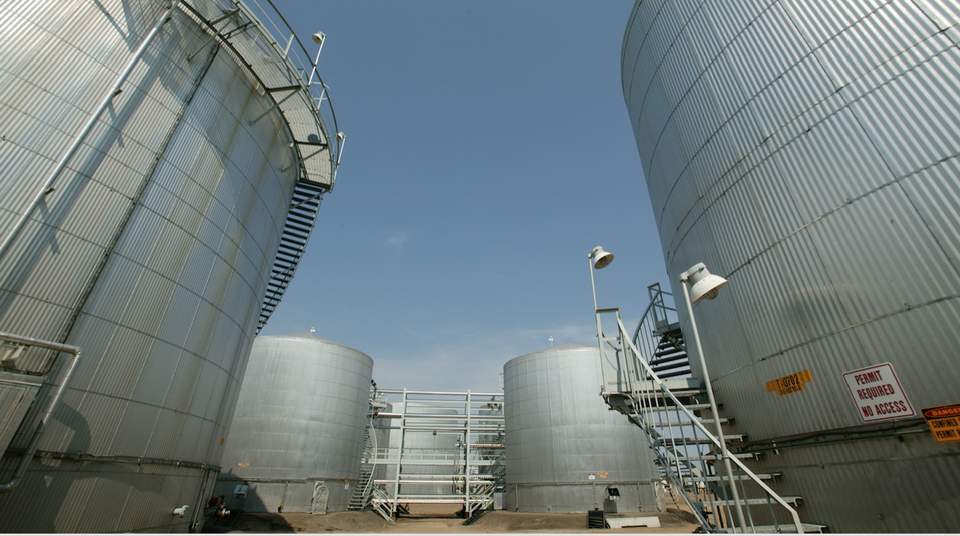The World Bank has said Nigeria’s conditional cash transfer scheme aimed at bolstering household consumption and financial inclusion is largely ineffective.
Despite significant investment and efforts by the Nigerian government, the program has shown minimal impact on the lives of its beneficiaries.
Launched in collaboration with the World Bank in 2016, the cash transfer initiative was designed to provide financial support to vulnerable Nigerians as part of the National Social Safety Nets Project.
However, the latest findings suggest that the program has fallen short of its intended goals.
The World Bank’s research revealed that the cash transfer scheme had little effect on household consumption, financial inclusion, or employment among beneficiaries.
Also, the program’s impact on women’s employment was noted to be minimal, highlighting systemic challenges in achieving gender parity in economic opportunities.
Despite funding a significant portion of the cash transfer program, the World Bank found no statistical evidence to support claims of improved financial inclusion or household consumption.
The report underscored the need for complementary interventions to generate sustainable improvements in households’ self-sufficiency.
According to the document, while there were some positive outcomes associated with the cash transfer program, such as increased household savings and food security, its overall impact remained limited.
Beneficiary households reported improvements in decision-making autonomy and freedom of movement but failed to see substantial gains in key economic indicators.
The findings come amid ongoing scrutiny of Nigeria’s social intervention programs, with concerns raised about transparency, accountability, and effectiveness.
The cash transfer scheme, once hailed as a critical tool in poverty alleviation, now faces renewed scrutiny as stakeholders call for comprehensive reforms to address its shortcomings.
In response to the World Bank’s report, government officials have emphasized their commitment to enhancing social safety nets and improving the effectiveness of cash transfer programs.
Minister of Finance and Coordinating Minister of the Economy, Wale Edun, reaffirmed the government’s intention to restart social intervention programs soon, following the completion of beneficiary verification processes.
As Nigeria grapples with economic challenges exacerbated by the COVID-19 pandemic and other structural issues, the need for impactful social welfare initiatives has become increasingly urgent.
The World Bank’s assessment underscores the importance of evidence-based policy-making and targeted interventions to address poverty and inequality in the country.

 Naira4 weeks ago
Naira4 weeks ago
 Naira4 weeks ago
Naira4 weeks ago


 Naira4 weeks ago
Naira4 weeks ago




 Naira3 weeks ago
Naira3 weeks ago
 Commodities4 weeks ago
Commodities4 weeks ago


 News4 weeks ago
News4 weeks ago


 Banking Sector4 weeks ago
Banking Sector4 weeks ago
 Travel4 weeks ago
Travel4 weeks ago























